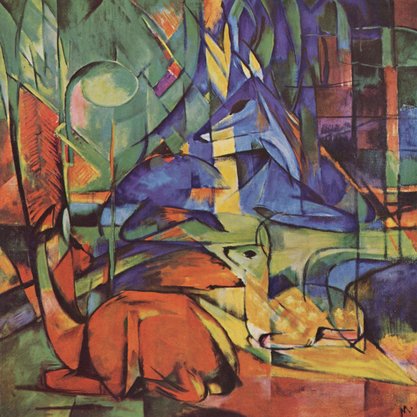Article
Benn, Gottfried (1886–1956) By McIsaac, Peter
Article
A practising physician throughout his life, Benn ranks among the most influential and controversial twentieth-century German poets and intellectuals. After achieving notoriety with the Expressionist poem cycle Morgue und andere Gedichte, Benn published poems, novellas, essays and dramas leading up to his election to the Prussian Academy in 1932. Benn was an outspoken supporter of the Nazi Party from 30 January 1933 until 30 June 1934 (the ‘Night of the Long Knives’), when he withdrew from the party in disillusionment. Following a publication ban in 1938, Benn spent the remainder of the Nazi era writing privately. Banned by the Allies until 1948, Benn regained prominence due to his poetry collection Statische Gedichte (1948; Static Poems, 1991) and essays such as ‘Probleme der Lyrik’ (1951). Benn received the Büchner Prize in 1951, though his affiliation with the Nazis complicates his cultural legacy.



